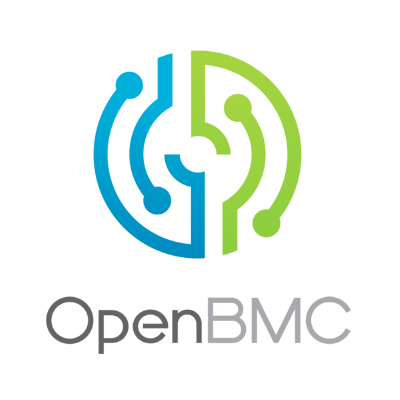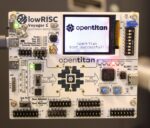
IBM will be providing its OpenBMC code base to the Linux Foundation in support of the latter’s efforts to define a BMC stack that will work across varied systems including enterprise, HPC, telco and cloud-scale data centers.
The OpenBMC Project’s community has already made substantial contributions towards open-source baseboard management controller firmware, but with the support of companies like Facebook, Google, Intel and Microsoft, the community is looking to expand their efforts and accelerate progress.
“The Linux Foundation is pleased to welcome OpenBMC to our family of open-source projects and to work with the community to support its growth,” Dan Brown, senior public relations manager with The Linux Foundation, wrote in a blog post.
Until the past few years, the software stack for specialized BMC controllers — which enable the monitoring and management of things such as temperature and voltages and logging events for failure analysis, among other remote management capabilities, all from the main circuit board of the device — had been closed. Varied hardware topologies and secrecy in hardware design have made it difficult to open up the code bases. In the past, companies like the ones coming together to support OpenBMC had put their own efforts into developing open BMC stacks.
Brown wrote that the prime factor driving the sudden push for OpenBMC is that with the scale of cloud deployments, traditional BMC development is impractical. The reasons for this, Brown wrote are the following:
- “Reproduce-debug-fix-deployment cycle: When an issue arises with a cloud-scale deployment, it is difficult to reproduce the same issue in a controlled lab environment. This makes it tough to find and fix the problem quickly. An open BMC stack allows faster debugging.
- Security models: Modern, open BMC implementations allow end users to leverage their own security models rather than forcing them to use older models with known vulnerabilities.
- Configuration and monitoring: Traditional BMCs required use of their own tooling. Linux, the host OS for most systems in data centers, provides standard tools that can be used to configure and monitor BMCs.”






